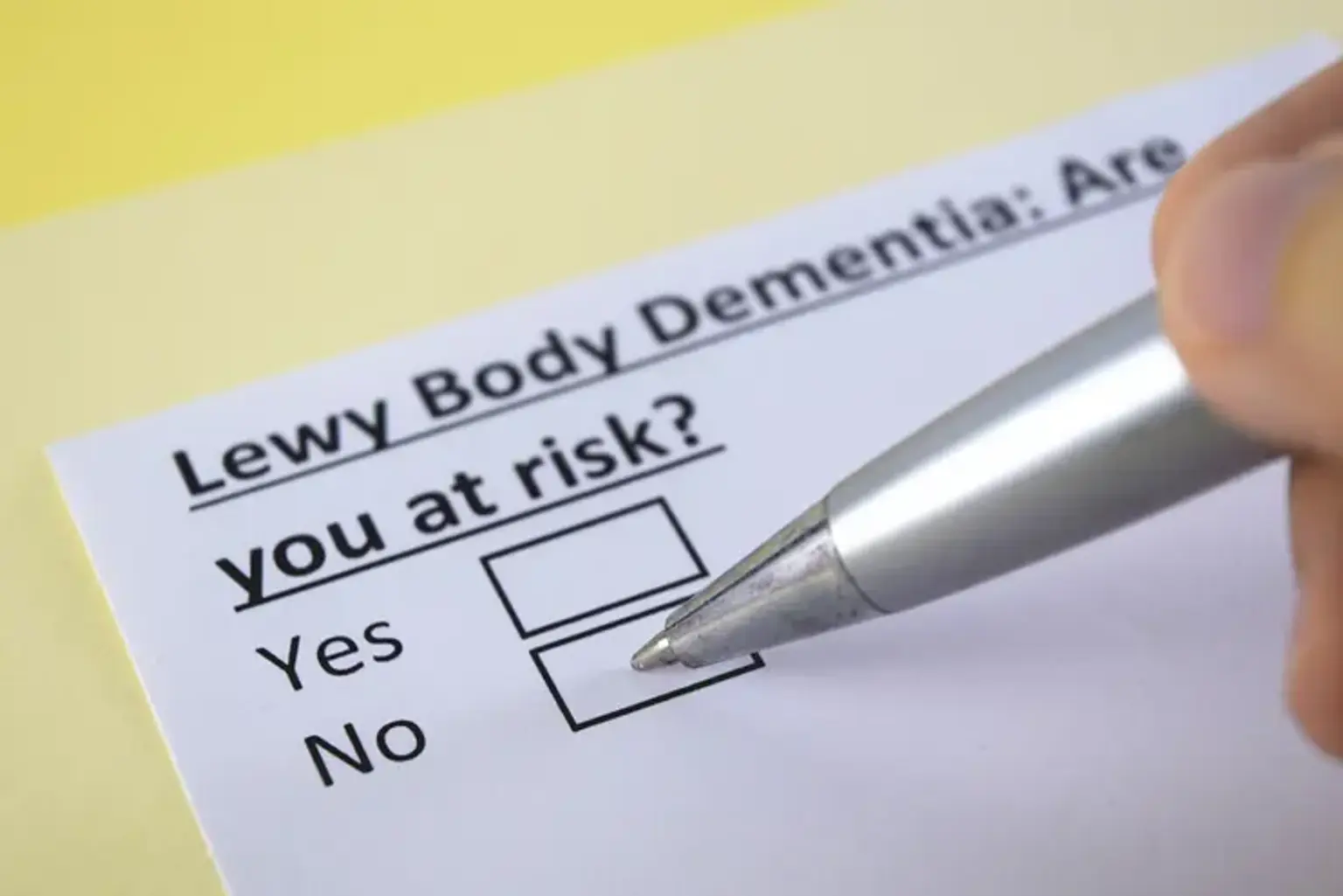Introduction
Robin Williams, widely celebrated for his comedic genius and boundless energy, tragically faced an ongoing and private battle with Lewy Body Dementia (LBD), a condition that profoundly impacted both his cognitive and emotional well-being. LBD is a neurodegenerative disorder characterized by the presence of abnormal protein deposits in the brain, known as Lewy bodies, which disrupt normal brain function. Initially, Williams' symptoms—such as anxiety, memory loss, and fluctuating mood—were mistakenly attributed to mental health struggles, which he had faced throughout his life. However, the truth of his condition was not fully revealed until after his death in 2014.
Williams’ personal experience with LBD has significantly contributed to our understanding of the disease, highlighting its complex nature and how it affects both the individual and their loved ones. His story has raised public awareness about the emotional and cognitive challenges associated with dementia, particularly in high-profile individuals who might otherwise seem immune to such struggles. In addition to the physical toll of LBD, Robin Williams’ battle with the disease underscored the importance of mental health advocacy, especially regarding conditions that are often misdiagnosed or misunderstood. His tragic journey continues to spark conversations about the complexities of aging, dementia, and the stigma surrounding cognitive disorders.
What is Lewy Body Dementia?
Lewy Body Dementia (LBD) is a progressive and debilitating neurodegenerative disorder that affects brain function and behavior. The defining characteristic of LBD is the buildup of abnormal protein deposits called Lewy bodies within brain cells. These deposits interfere with the normal function of the brain, leading to a range of cognitive, psychological, and motor symptoms. One of the most troubling aspects of LBD is its similarity to both Alzheimer’s and Parkinson’s diseases, making diagnosis particularly challenging.
Common symptoms of LBD include memory loss, confusion, difficulty concentrating, and fluctuating levels of alertness. In addition, individuals may experience vivid hallucinations, delusions, and significant mood swings. Unlike Alzheimer’s disease, where memory loss is often the predominant symptom, LBD causes marked fluctuations in cognition and alertness, making it unpredictable. Motor symptoms, such as tremors, muscle rigidity, and problems with balance and coordination, often resemble those of Parkinson's disease, but they are typically accompanied by cognitive decline and psychological issues.
Robin Williams’ Diagnosis: A Turning Point
Robin Williams’ case is one of the most publicized instances of Lewy Body Dementia, bringing much-needed attention to the condition. For years, Williams struggled with mental health challenges, including depression and anxiety, which were publicly known. However, the cognitive symptoms that accompanied his emotional distress were initially misunderstood. Williams’ doctors believed that his mental health struggles were the primary cause of his cognitive issues, failing to recognize that LBD was the root cause. His diagnosis of LBD was only confirmed after his death in 2014, shedding light on the complexities of the disease.

